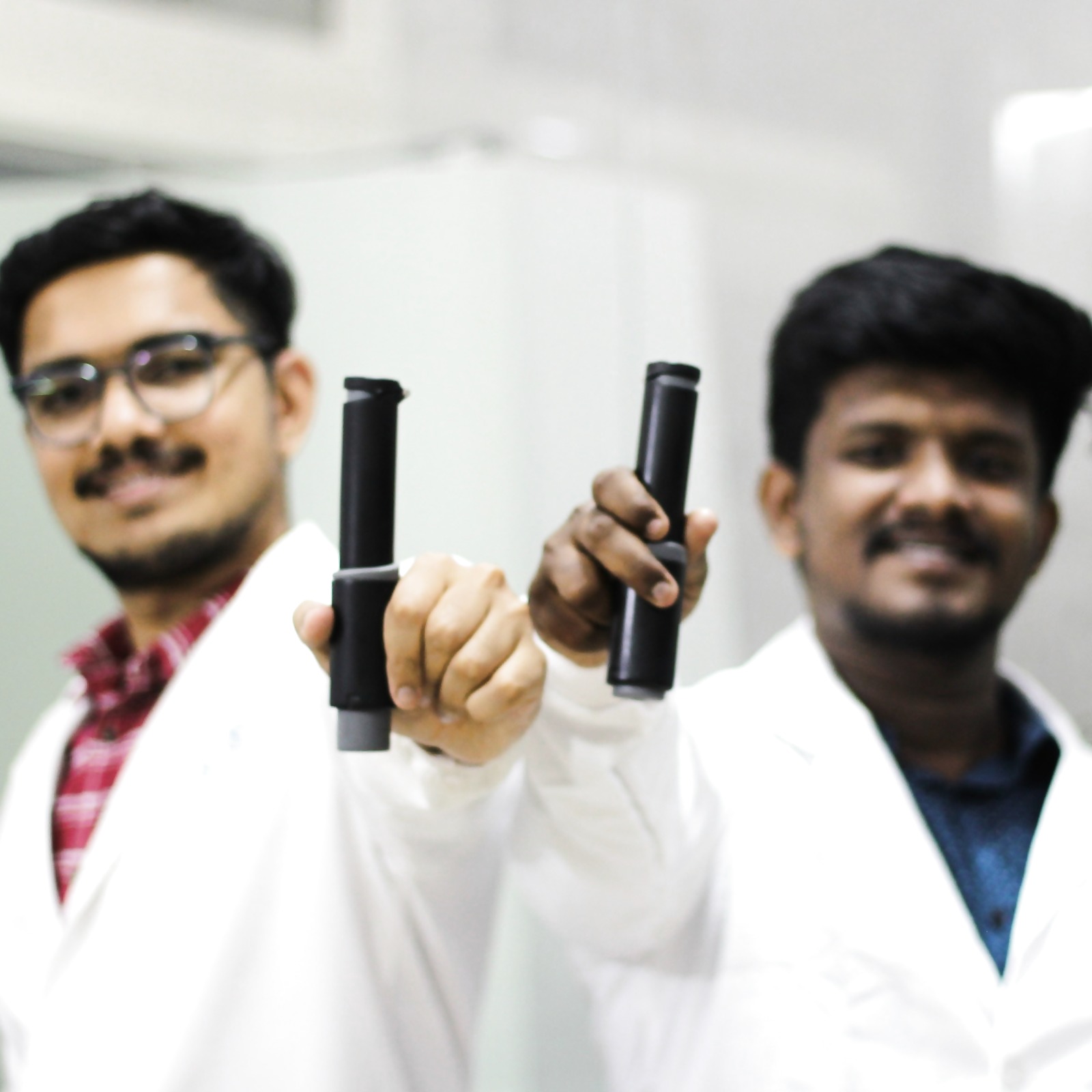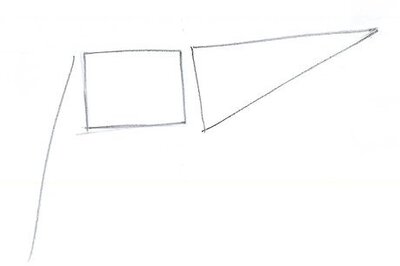
views
Two Bangalore-based engineering students, Arjun B S and Ajay Krishnan A have emerged as the national winners of the prestigious James Dyson Award 2022 for their unique innovation EpiSHOT. It is a reusable medical device for patients suffering from a severe and potentially fatal systemic allergic reaction that occurs suddenly after contact with an allergen.
Arjun is a PhD scholar and Ajay is a project assistant in the Biomedical and Electronic Engineering Systems Laboratory (BEES LAB), led by Prof Hardik J Pandya at the Department of Electronic Systems Engineering, Indian Institute of Science (IISc) Bangalore. The national winners, Arjun B S and Ajay Krishnan A, will receive prize money of approximately Rs 4.6 lakhs.
Also read| NEET PG 2022 Revised Counselling Schedule Out, Registrations from September 15
With the help of the prize money, the national winners aim to further modify EpiSHOT for commercialization, and enhance the manufacturability, reliability, and portability of the product while reducing the cost of the device. The duo will also represent India in the international round where final winners will be handpicked by Sir James Dyson The international shortlist will be announced on October 1, and the international winners on November 16.
“The winning innovation is a single hand-operated autoinjector to deliver emergency medicine intramuscularly or subcutaneously to treat life-threatening situations like anaphylaxis with the provision for reloading and sterilization for reuse within two minutes of first use,” reads the official release.

“Allergies are prevalent among the Indian population, but no one believes that a simple allergic reaction could be life-threatening if not treated immediately. India, till-date, does not have an immediate solution to anaphylaxis, which shows preponderance for the age group 20 to 40 years,” says Arjun.
“Due to existing market monopolies, huge price tags of single-use autoinjectors, and safety concerns for self-use, there remains a greater need for a safe and cost-efficient solution. EpiSHOT aims to bridge this gap. The challenge of developing such a much-needed device was given to us by Dr Paramesh H, a pediatric pulmonologist who had spent decades trying to popularize epinephrine as an emergency response medication. We strongly believe that the James Dyson Award will be our stepping platform to get recognized, educate and mass materialize our lifesaving innovation,” he added.
“The design of EpiSHOT underwent multiple design iterations, with a few iterations made as prototypes. From adding a safety cap to the simple reusable single-hand-operated autoinjector to prevent accidental injection, to adding an automatic needle retraction mechanism to the design, from redesigning the syringe cartridge to prevent exposure to bodily fluids and more, multiple additions were made to the baseline design. More than a hundred tests were done on tissue phantoms to ensure complete safety of use,” said Ajay. The team is also developing similar technologies compatible with intradermal (DermiSHOT), subcutaneous, and intramuscular injections.
Read all the Latest Education News and Breaking News here














Comments
0 comment